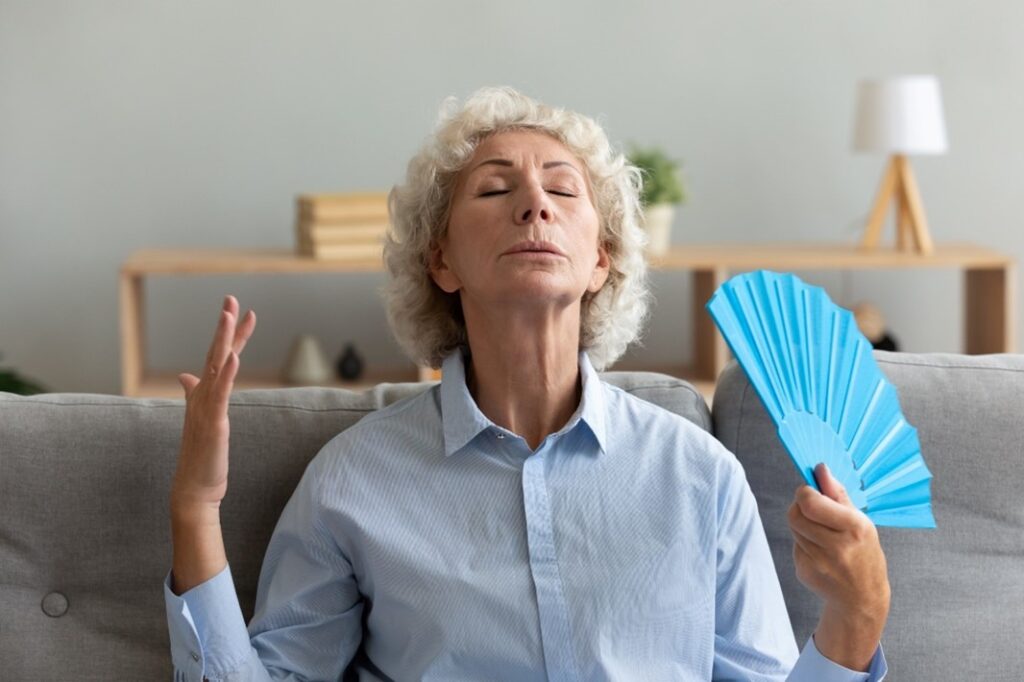
Peripheral neuropathy may seem like one of the least concerning effects of an illness. But it could be the condition preventing them from doing basic activities – going on walks, carrying groceries, or even hugging the new baby in the family.
For those unfamiliar with the disease, peripheral neuropathy is a form of nerve damage that affects over 30 million Americans (according to The Foundation for Peripheral Neuropathy).
But what does peripheral neuropathy feel like?
What causes it?
And how can those who suffer alleviate the symptoms?
Dr. Chris Cummins, M.D., Family Medicine takes a closer look at why this disease occurs and how to manage it.
Meanwhile, let’s find out first what a person must look out for.
Peripheral Neuropathy Symptoms
Nerves are responsible for feeling sensations, controlling movement, and signaling the organs to think, breathe, digest, etc. However, when nerves are damaged because of peripheral neuropathy, a person can suffer from the following symptoms:
- Tingling or numbness of the extremities.
- Losing balance or muscle coordination.
- A sharp or stabbing pain, especially in feet and hands.
- Dizziness.
- Heat intolerance.
- Excessive sweating.
- Digestive problems (diarrhea, bloating, or constipation).
Fortunately, once a medical professional diagnoses a person with peripheral neuropathy, the physician recommends or prescribes treatments to alleviate the symptoms.
Treatment and Relief
Unfortunately, there is no known cure for peripheral neuropathy. However, according to Johns Hopkins Medicine, there are treatments to prevent the symptoms from worsening.
Some of them include medications.
Medications
Doctors prescribe various medications for people suffering from peripheral neuropathy. Depending on the cause and symptoms, a physician can prescribe Pregabalin (Lyrica), Gabapentin (Neurontin), Amitriptyline (Elavil), or Duloxetine (Cymbalta).
Most of these medications work by blocking the nerves from sending pain signals to the brain – or by controlling the brain chemicals and altering its perception of how much pain the body is in.
Moreover, some forms of therapy also work similarly to those.
Therapy
Medications alone can alleviate peripheral neuropathy symptoms. In some instances, however, patients must also undergo therapy.
The most common therapies for alcoholic neuropathy include:
Scrambler Therapy
In scrambler therapy, the machine blocks the nerves from sending pain signals to the brain. Instead, it sends non-pain signals to the brain, so the brain perceives the aching body part as functioning normally and not in pain.
Physical Therapy
Those with muscle damage caused by peripheral neuropathy sometimes attend physical therapy to regain strength and mobility.
Furthermore, through physical therapy, medical professionals can determine whether or not the patient needs a wheelchair, cane, or walker.
Acupuncture
Acupuncture has long been used to treat different illnesses – including peripheral neuropathy. In a study by The Journal of the American Medical Association (JAMA), they found evidence that acupuncture can alleviate symptoms of the disease.
Like other illnesses, acupuncture stimulates blood flow and nerve pathways, aiding nerve regeneration and preservation.
However, in a journal by Eunwoo Cho and Woojin Kim (published by the National Institutes of Health), they only mentioned acupuncture to be beneficial to those with diabetic peripheral neuropathy.
But besides diabetes, what else can cause peripheral neuropathy?

Causes of Peripheral Neuropathy
Fortunately, not every diabetic person develops peripheral neuropathy – but the risk of developing it is higher if they’re over 40 years old, smoke, or drink excessive amounts of alcohol.
That said, alcohol consumption is also one of the main causes of peripheral neuropathy, regardless of whether the person is diabetic or not.
But other causes of peripheral neuropathy can be due to the following health conditions:
- Nerve damage (from an injury or surgery)
- Mercury, lead, or arsenic poisoning
- Hypothyroidism
- Lyme disease
- HIV
- Lupus
- Rheumatoid arthritis
- Certain types of cancer
- Kidney disease
- Vitamin B12 deficiency
However, don’t rely on treatment alone. Make lifestyle changes as well.
Coping with Peripheral Neuropathy
Simple lifestyle changes can improve a person’s quality of life – they can prevent peripheral neuropathy complications and alleviate the symptoms.
For instance, individuals with diabetic peripheral neuropathy must regularly take care of their hands and feet – they might not know if they cut or scraped their feet while walking, as numbness is a common symptom.
Furthermore, regularly exercising can regain strength, balance, and muscle coordination. It also lowers blood sugar levels.
But exercising should always go hand-in-hand with a healthy diet – limiting (or, if possible, avoiding) alcohol consumption.
Lastly, by being optimistic and around supportive people, peripheral neuropathy can be deduced as an inconvenience or challenge – not a life-altering illness that takes away people’s quality of life.
Conclusion
Peripheral neuropathy is an incurable disease that many suffer from. However, plenty of options are available to manage the discomfort and pain it causes.
To anyone who suspects they might suffer from peripheral neuropathy, consult a doctor as soon as possible.




